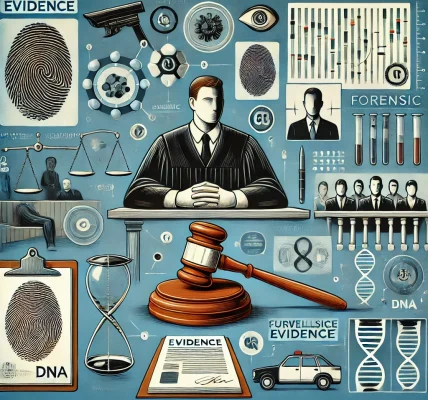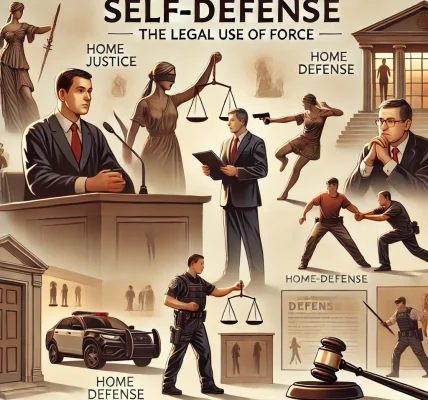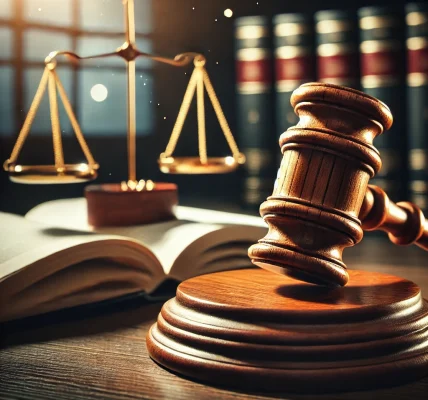Introduction
White-collar crimes refer to non-violent, financially motivated offenses typically committed by individuals, businesses, or government officials in professional settings. These crimes often involve fraud, embezzlement, insider trading, and money laundering, among others.
Despite lacking physical violence, white-collar crimes can cause severe financial harm to individuals, businesses, and the economy. This article will explore what white-collar crimes are, common types, legal consequences, and how they are prosecuted.
1. What Are White-Collar Crimes?
White-collar crimes are characterized by deception, concealment, and violation of trust. These offenses are usually committed for financial gain and do not involve physical force or violence.
Key Features of White-Collar Crimes:
- Financially motivated rather than physically harmful.
- Typically committed by business professionals, executives, or government officials.
- Often involve fraud, manipulation, or concealment.
- Prosecuted under state and federal laws.
2. Common Types of White-Collar Crimes
There are several categories of white-collar crimes, each with distinct legal implications:
A. Fraud
Fraud involves intentionally deceiving others for personal or financial gain. Common types include:
- Securities Fraud – Misleading investors (e.g., Ponzi schemes).
- Credit Card Fraud – Unauthorized use of credit card information.
- Insurance Fraud – Filing false insurance claims for compensation.
B. Embezzlement
Embezzlement occurs when an individual misappropriates funds entrusted to them. Examples include:
- Employee Theft – A worker stealing from their employer.
- Investment Fraud – A financial manager misusing client funds.
C. Money Laundering
Money laundering is the process of disguising illegally obtained money to make it appear legitimate. It often involves transferring money through multiple accounts or businesses.
D. Insider Trading
Insider trading refers to buying or selling stocks using non-public information, violating securities laws.
E. Bribery and Corruption
Bribery involves offering money or gifts to influence decisions, while corruption includes misusing power for personal gain.
3. Legal Consequences of White-Collar Crimes
Although these crimes do not involve violence, they carry severe legal penalties, including:
A. Criminal Penalties
- Fines – Monetary penalties ranging from thousands to millions of dollars.
- Imprisonment – Offenders can face years in prison, depending on the severity of the crime.
- Restitution – Courts may order criminals to repay stolen funds.
B. Civil Penalties
- Lawsuits – Victims may file civil suits for financial compensation.
- License Revocation – Professionals (e.g., accountants, lawyers) can lose their licenses.
4. How White-Collar Crimes Are Investigated and Prosecuted
White-collar crimes are investigated by government agencies such as the FBI, SEC, and IRS. The prosecution process involves multiple steps:
A. Investigation
- Authorities gather evidence from financial records, emails, and witness testimony.
- Subpoenas and search warrants may be issued to collect documents.
B. Charges and Indictment
- If enough evidence is found, prosecutors file charges against the accused.
- A grand jury may review the case before formal charges are made.
C. Trial and Sentencing
- White-collar criminals may face trial in federal or state court.
- If convicted, judges impose penalties based on the severity of the crime.
D. Plea Bargains
- Many defendants negotiate plea deals to receive reduced sentences.
5. Preventing White-Collar Crimes
Businesses and individuals can take steps to prevent white-collar crimes, such as:
- Implementing strict financial controls to monitor transactions.
- Educating employees about ethical practices.
- Reporting suspicious activities to legal authorities.
Conclusion
White-collar crimes may not involve physical violence, but they can have serious legal and financial consequences. Understanding what these crimes are, how they are prosecuted, and their impact on society is essential for preventing and addressing them effectively.
By enforcing strict regulations and ethical business practices, society can reduce the risks associated with financial crimes and fraud.




